Day 52: Russia steps up strikes on Kiev after warship sinks
A military hardware factory in the Ukrainian capital Kiev has been hit by strikes on the 52nd day of the conflict after Russian forces bombed a missile unit outside the city.
Smoke rose from the area and there was a heavy police and military presence after Kiev mayor Vitali Klitschko announced on social media that there had been explosions in the city's Darnyrsky district early Saturday.
Russia's defense ministry said it destroyed production buildings of an armored vehicle plant in Kiev and a military repair facility in the city of Mykolaiv.
"High-precision long-range air-launched weapons destroyed production buildings of an armaments plant in Kiev," it said in a statement on Telegram.
Russia also downed one Ukrainian SU-25 aircraft near the city of Izyum in Kharkiv Oblast of eastern Ukraine, Interfax said, citing the ministry.
The new attacks came a day after the Vizar factory, a Ukrainian rocket factory near Kiev's international airport, was seriously damaged in overnight strikes.
The attack on the factory, which was the first major Russian strike around the Ukrainian capital in more than two weeks, happened following the sinking of Russian Black Sea warship.
Russia said it had used sea-based long-range missiles to hit the plant, which Ukraine's state weapons manufacturer says produced Neptune cruise missiles -- the projectiles both Kiev and Washington say were used to sink the Moskva flagship.

The Moskva had been leading Russia's naval effort in the seven-week conflict, and the fate of its crew of more than 500 was uncertain.
The Pentagon official said survivors were observed being recovered by other Russian vessels, but Ukrainian authorities said bad weather had made rescue operations impossible.
Russian forces last month started withdrawing from around Kiev as they were redeployed to focus on the east of the country, but the city remains vulnerable to missiles.
Call for more weapons from West
Ukrainian President Volodymyr Zelensky, in his nightly address, said that Ukraine needed more firepower to boost the defense efforts against Russia’s attacks.
"You can make the war much shorter," he said, addressing the US and the Europeans. "The more and the sooner we get all the weapons we have requested, the stronger our position will be and the sooner peace will come."
The head of Ukraine's army had made a similar point in a phone call to chairman of the US Joint Chiefs of Staff Mark Milley, the military said on Saturday.
The German government said it plans to release more than a billion euros in military aid for Ukraine, amid complaints by Kiev about receiving no heavy weapons from Berlin.
The funds must be used by Ukraine to mainly finance purchases of military equipment.
The move follows growing criticism from Ukraine, and some EU partners such as Poland and the Baltic States, of an alleged lack of support in terms of armaments to Kiev.
The Ukrainian presidency said it wanted to welcome Chancellor Olaf Scholz to Kiev, but the chancellor indicated he had no plans to visit anytime soon.
Moscow on Saturday announced it was banning entry to Prime Minister Boris Johnson and several other top UK officials, after London imposed sanctions on Russia.
"This step was taken as a response to London's unbridled information and political campaign aimed at isolating Russia internationally, creating conditions for restricting our country and strangling the domestic economy," the foreign ministry said in a statement.
More sanctions
In addition to military aid, Zelensky appealed for more sanctions on Russia in his address late Friday.
"The sooner the democratic world recognizes that the oil embargo against Russia and the complete blockade of its banking sector are necessary steps towards peace, the sooner the war will end," he said.
Last week European countries announced expanded efforts to wean themselves off Russian gas, and Germany on Friday released nearly three billion euros ($3.2 billion) to acquire floating liquefied natural gas import terminals.
The Washington Post reported on Friday that it had reviewed a copy of a diplomatic note that Russia sent to the US this week, which warned that shipments of the “most sensitive” weapons systems to Ukraine could bring “unpredictable consequences”.
“We call on the United States and its allies to stop the irresponsible militarization of Ukraine, which implies unpredictable consequences for regional and international security,” said the note, according to the paper.
A Russian foreign ministry spokeswoman confirmed Russia had sent diplomatic notes to the US and other western nations about arming Ukraine.
Earlier this week, Russia's Ambassador to Washington Anatoly Antonov warned that the current actions of Western nations could be leading to a direct military confrontation between Russia and the US.
"Western states are directly involved in the current events as they continue to pump Ukraine with weapons and ammunition, thereby inciting further bloodshed," Antonov was quoted as saying by Newsweek magazine.
"Any supply of weapons and military equipment from the West, performed by transport convoys through the territory of Ukraine, is a legitimate military target for our Armed Forces," he added.
The Washington Post report comes days after the Biden administration announced an additional $800 million in military assistance to Ukraine.
The military aid package included artillery systems, artillery rounds, armored personnel carriers and helicopters – and brought the total tally of US aid to Ukraine since Russia’s military operation began to more than $2.4bn.
Zelensky told CNN in an interview Friday that the world should be prepared for the possibility that Russian President Vladimir Putin could use tactical nuclear weapons against Ukraine.
He said "all of the world" should be worried that Russia "began to speak about... nuclear weapons or some chemical weapons".
"They could do it, I mean they can," he told CNN. "For them, life of the people is nothing... let's not be afraid -- be ready."
The Kremlin said it had placed Russian nuclear forces on high alert shortly after the assault began February 24, but the United States says it has not seen any sign of unusual nuclear movements.
VIDEO | Press TV's news headlines
VIDEO | Syria’s economy
VIDEO | Israel exceptionalism under US law
VIDEO | 1 million-plus settlers flee after Yemeni missile strikes Tel Aviv metropolitan area: Media
US pushes new strike group into region after aircraft carrier flees Yemen’s firepower
World has ‘embarrassingly failed to stop Israel amid incessant US support’: FM
Iran-Egypt ties poised for revival as first Iranian president visits Cairo in 11 years
Iran’s cenbank says inflation down to lowest in 4 years


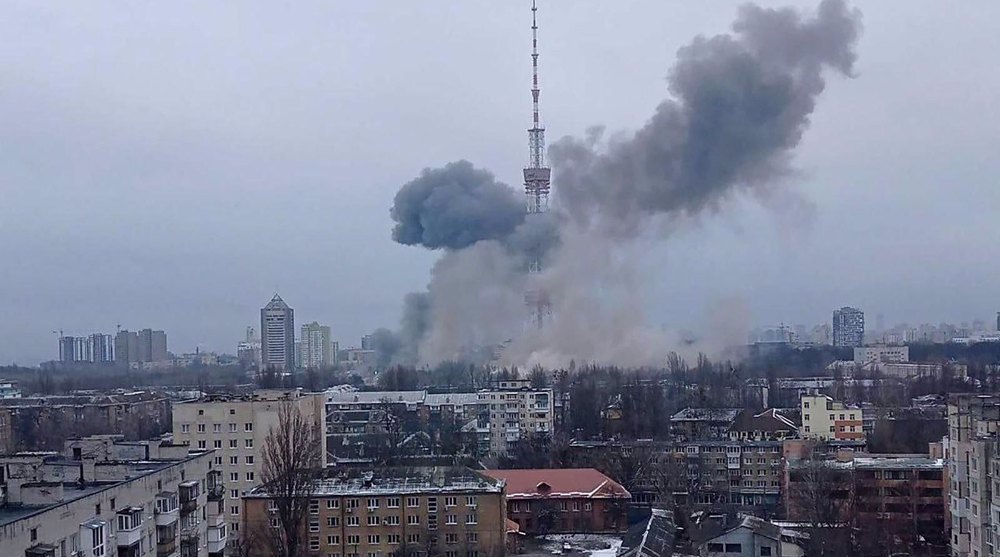
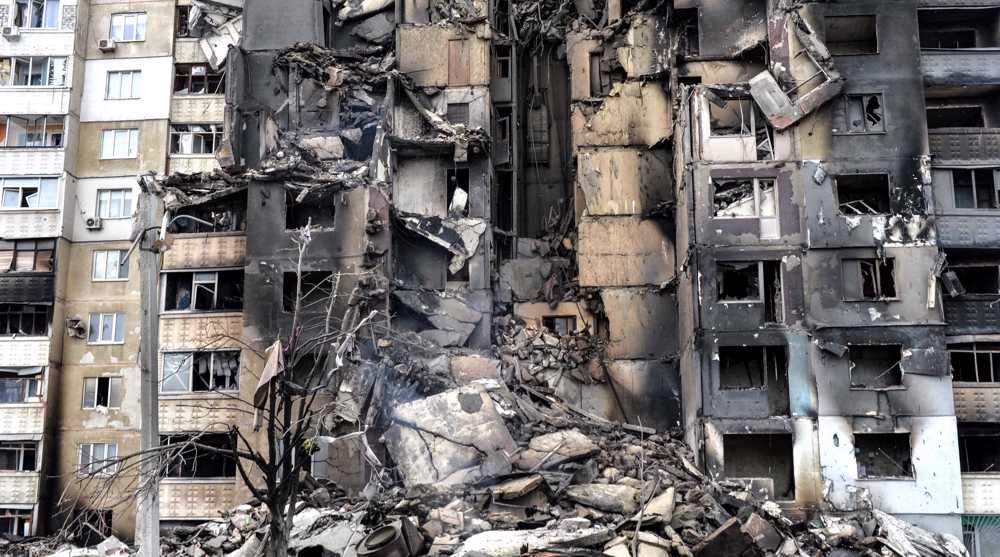
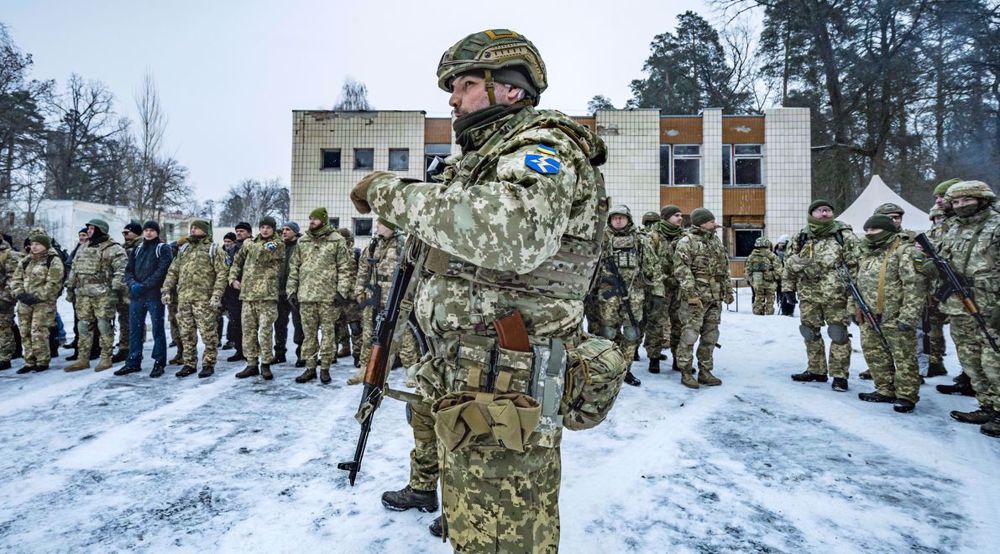
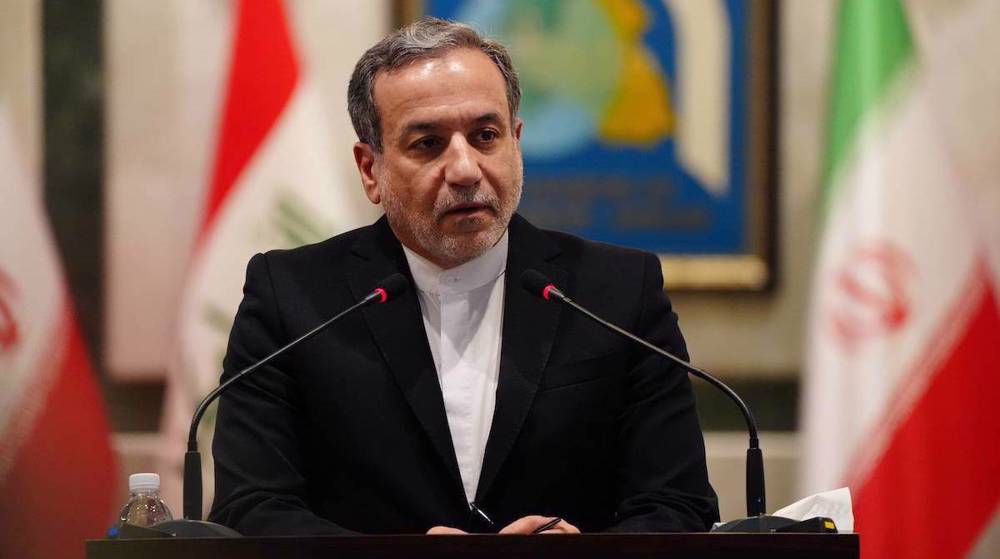
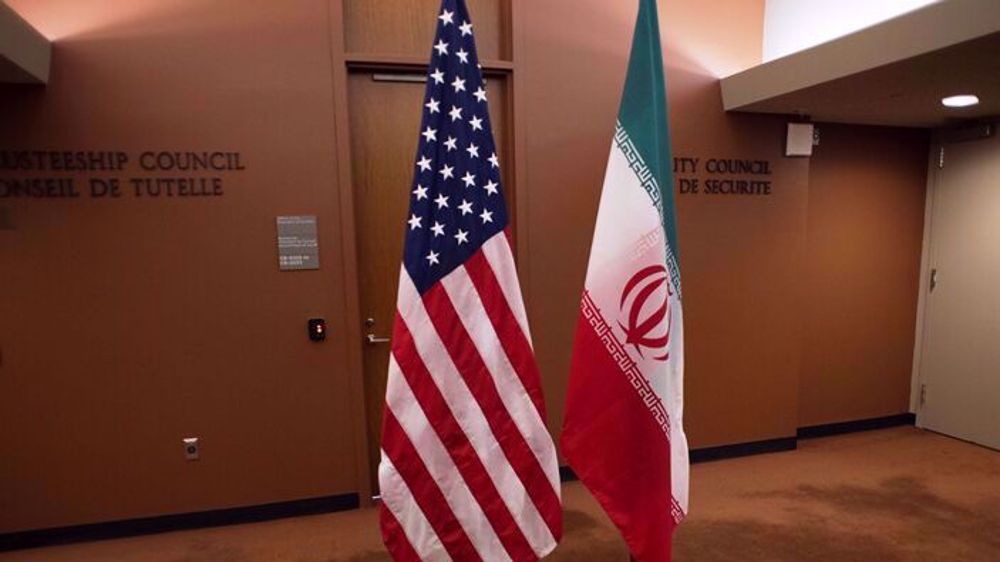
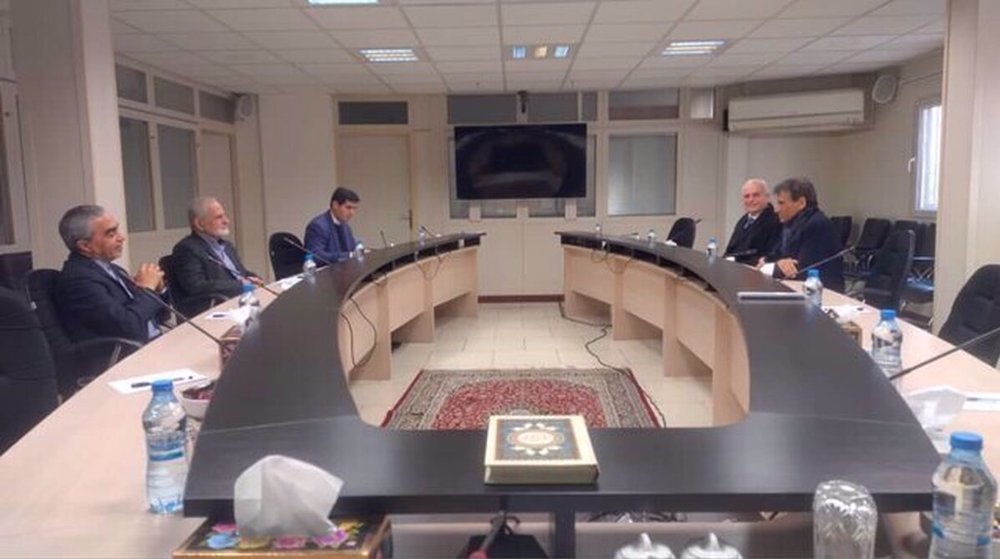



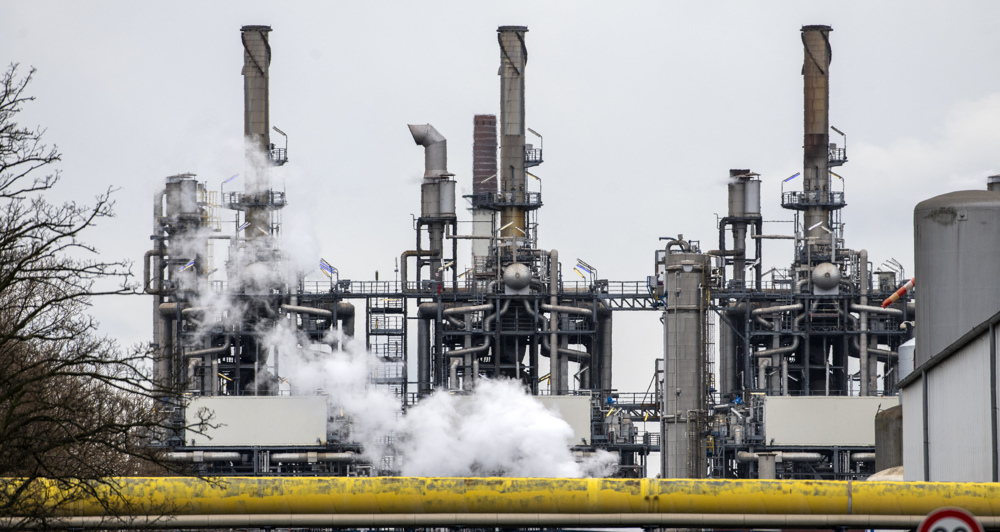
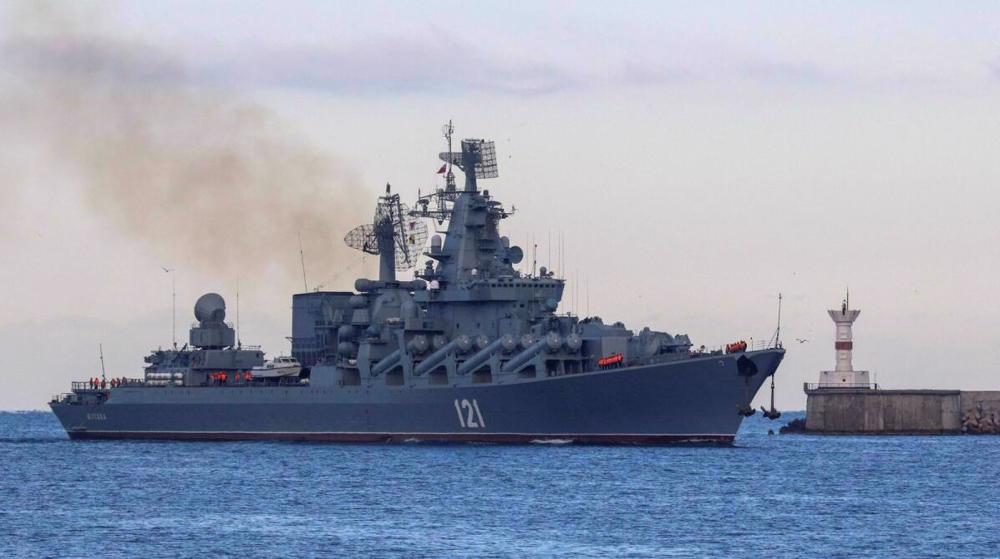
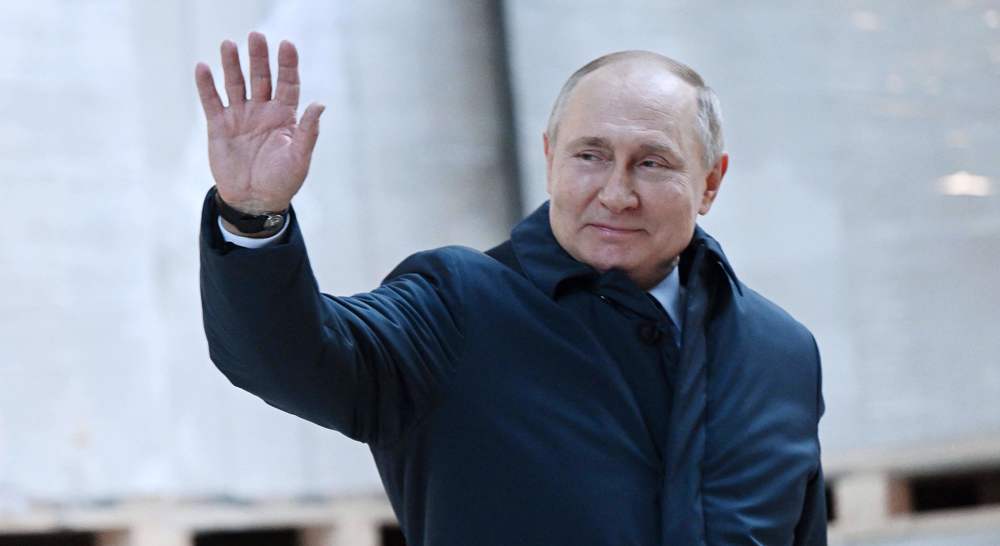
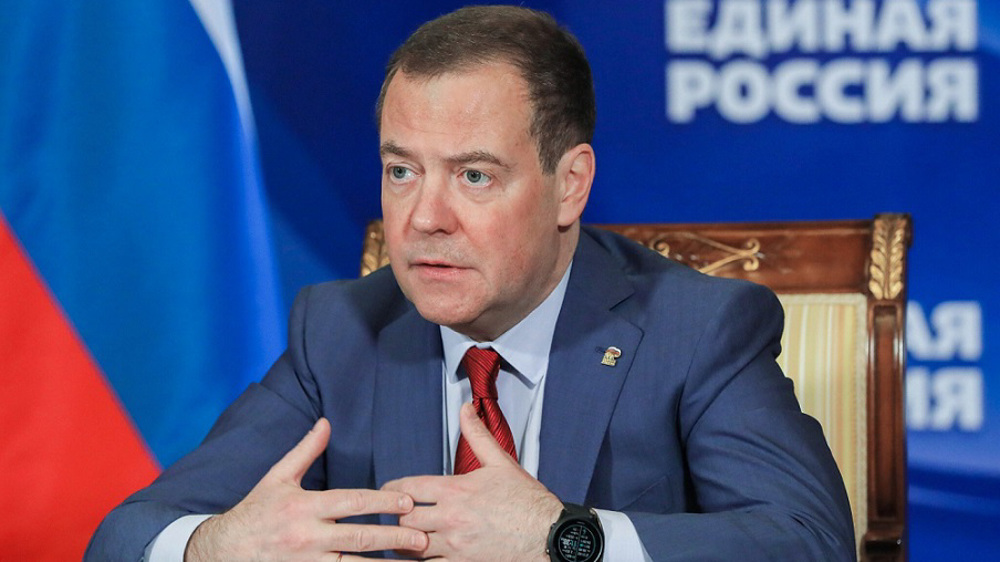
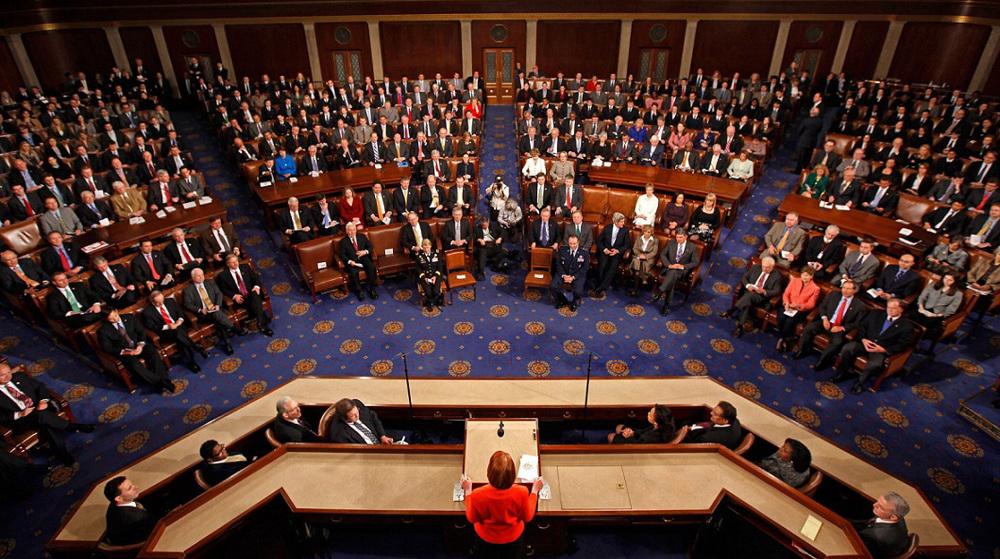

 This makes it easy to access the Press TV website
This makes it easy to access the Press TV website